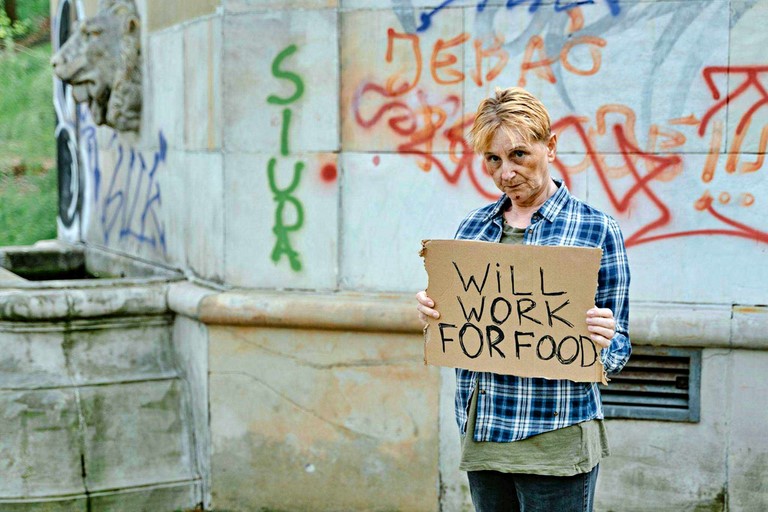FINDING DIGNITY IN STRUGGLE: ANA'S JOURNEY AND THE CALL TO FRATERNAL SOLIDARITY.
Ana breaks down in tears when she talks about her challenges because she lost her cleaning job, which she thought would be the beginning of a new chapter for her. She had been struggling greatly with five children, homelessness, and other significant issues. She thought this position would be a fresh start, but her employer no longer needed her services. She was questioning herself what she had done wrong and was feeling guilty. There was a need to have a conversation because she had lost her temper earlier that month with the local food bank volunteers when she thought others had cut ahead of her in line. Release all of those strong emotions was something valid, even though it could have been done in a better manner. Not expressing herself was bringing her dangerously near to despair. After the conversation that day, she apologized to the food bank volunteers for being hostile, and those who assisted her expressed their happiness at the reconciliation and their understanding of her situation. Even while everything isn't entirely resolved, some reconciliation was possible in a genuine sense and reflected our contribution to the ongoing growth of God's kingdom. From the last update, Ana is still searching for a job, but the food bank volunteers are glad to be able to assist her with food, respect and joy so she can have one less issue to worry about.
Ana's response to losing her job—feeling guilty and doubting her value—reflects the larger problem of human dignity and how economic injustice affects people's perceptions of their value. Society is encouraged to appreciate each person's worth beyond their productivity or financial contribution when it acknowledges the inherent dignity of every person, regardless of their social or economic situation. The incident at the food bank, where she apologizes for her outburst and makes amends with the volunteers, highlights the necessity of encounters and dialogue as crucial components of promoting peace and strengthening the common good. It also shows how important understanding and human contact are to building a more fraternal community. The fact that she is still having difficulty finding work and that she needs the food bank's assistance serves as a reminder of the structural problems of inequalities and injustices that still exist in society.
"Fratelli Tutti" encourages us to address these systemic inequalities and seek to build a community that supports each person's complete development. Overall, "Fratelli Tutti" presents a vision of a more compassionate and just world that is centred around the principles of solidarity, reconciliation, and the dignity of every individual. Ana's story embodies these ideas. It urges us to consider how we treat the marginalized in society and also to work toward establishing a society in which everyone is accorded respect and dignity. We can start by showing each other love and support, one day at a time, one deed at a time, as the daughters and sons of God that we are called to be.

